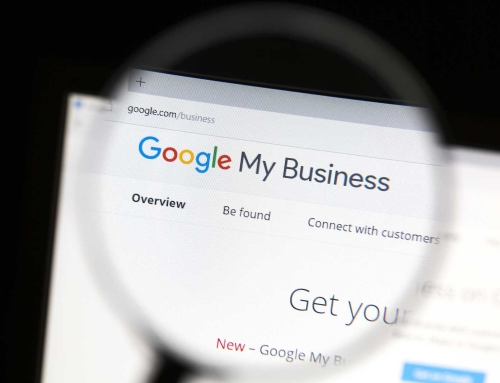If you’re a victim of defamatory online content or online reputation damage, you have options to get it removed — and educating yourself on what exactly you can do is the first step.
There’s a very real possibility that a brand or organization will find itself the target of at least some negative information online. This might be warranted if they have a track record of poor service, but often it’s the result of internet trolls who have an ax to grind. If a webpage is openly defamatory or libelous, a company does have options to get the content removed from the internet permanently.
Valid reasons for protecting your online reputation and removing a webpage
In general, there are a few specific reasons a company might seek to get a webpage removed. These reasons include:
- Defamation
- Fake news
- Brand abuse
- Executive targeting by competitors
- Abuse of trademarks or copyrights
- Counterfeit products
In the case of legitimate negative reviews or websites, there might be little recourse for an organization other than to fix the issues the reviewer has had. However, it might be shocking to learn that there are entire websites devoted to profiting off of defamatory content. They cite their first amendment rights to free speech, but these websites are often rife with abuse and false information. In these cases, there may be cause to pursue legal action.
Getting a webpage removed from the internet isn’t the same as getting it suppressed on search engine results. The Communications Decency Act of 1996 protects sites that allow users to comment or post their own information, which essentially means they aren’t liable for what a user posts on their site. Legal action in these situations may not be appropriate.
Related: How to Manage (and Repair) Your Business’ Online Reputation
Escalation of force
Most of the time, trying to get a webpage down follows an “escalation of force” pattern where a company will first try to get the author to voluntarily take the page down. If that doesn’t work, a company can reach out to whoever hosts the site or controls the servers. If the post violates the host’s policies, they might remove the site.
If both the author and the host won’t voluntarily remove the page, a company or its representative will most likely dig deeper into:
- National or international laws
- Web host’s terms of use and policies
- ISP’s policies and terms of use
- Search engine terms of use
If a company can determine that a webpage violates any of these terms of use, it can appeal to the governing authority (host, ISP, search engine, etc.) to get the content taken down. If all of that fails, a company is left with legal action. There is some precedent for considering the content creator’s motivations and intent in court cases as well; a disgruntled employee might be motivated to post libelous content to damage a company out of a desire for revenge.
Legal courses of action
Getting a webpage removed is not an easy task. It involves a lot of legal proceedings and can cross international borders. The legal burden of proof may be pretty high in certain cases or simply very different because the data is hosted in another country. As mentioned above, the simplest and cheapest, but unfortunately not guaranteed to work, approach is to reach out to the webmaster of the offending page. Finding out what they want may help a company get a better idea of what it will take to get the page or data taken down.
If there’s information out there that’s harmful but true, a company usually has to look inward to find the problem and fix it. If there are numerous reviews that mention terrible customer service, for example, and the company actually does have terrible customer service, its problem is not with defamatory content but rather with giving customers a reason to complain.
Related: How to Protect Your Company’s Reputation on Social Media
Protect the brand by removing malicious content
It’s up to an organization to control the content about it online, because it has a vested interest in protecting its brand. A brand is one of the most valuable assets a business can have, and if it’s not protected, it can easily be tarnished or damaged beyond repair. Webpages can spring up at any time and reach the first page of search engine results, which can lead to significant loss in revenue. Removing webpages can be a long and arduous process — and in this case, an ounce of prevention is worth a pound of cure — but there are still options to get harmful, defamatory or libelous content removed from the internet.



















Leave A Comment
You must be logged in to post a comment.